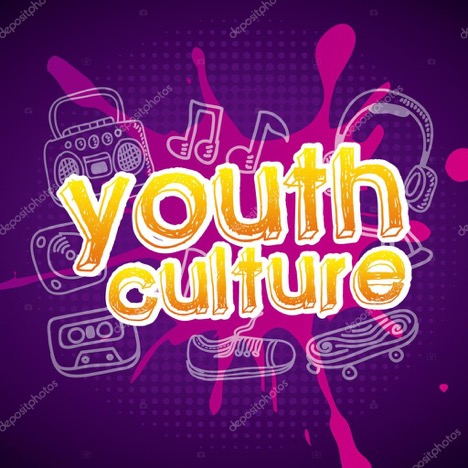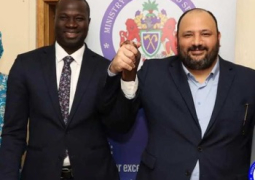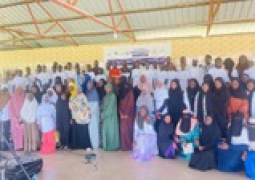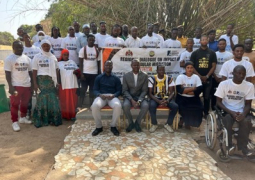
Calls for all learners to acquire an appreciation of cultural diversity and of culture’s contribution to sustainable development, UNESCO works to empower young women and men to participate in the development of their societies.
While the United Nations defines “youth” as persons between the ages of 15 and 24, UNESCO recognizes that youth is a fluid, ever-changing category, which varies according to country and region.
The right of young people to access, enjoy and actively participate in cultural life is enshrined in international law, forming a key part of their cultural and human rights.
Participation in cultural life is necessary for young people to gain an understanding of their own culture and that of others, which in turn
broadens their horizons, strengthens their ability to peacefully resolve conflicts and fosters respect for cultural diversity.
Moreover, as recognized by the 2030 Agenda for Sustainable Development, culture is also a driver of sustainable development.
Prior to the COVID-19 pandemic, the cultural and creative
industries represented 30 million jobs worldwide and employed more people ages 15 to 29 than any other sector.
With millions of young people currently facing unemployment, expanding access to the cultural industries and supporting young artists and cultural entrepreneurs is more vital than ever.
Empowering youth to attain their cultural rights therefore lies at the heart of UNESCO’s work on youth and culture, with youth being fundamental to the implementation of its six Culture Conventions.
UNESCO recently published "Empowering Youth for Heritage", which offers a retrospective of the first 10 years of the World Heritage Volunteers Initiative.
Over the past decade, more than 5,000 volunteers have worked at 138 sites inscribed on the World Heritage List and Tentative Lists in 60 countries around the world.
UNESCO is implementing a series of projects to integrate
living heritage into formal and informal education systems, including with the EU. UNESCO celebrates International Arts Education Week during the fourth week of May to Support youth employment.
UNESCO and the European Union have launched a 10 million euro cash- for-work programme that aims to provide employment opportunities to Yemen’s youth through the restoration of the country’s World Heritage cities and historic urban areas.
UNESCO supports young cultural entrepreneurs through the International Fund for Cultural Diversity (IFCD), with 45% of IFCD funds invested in projects that empower youth.
NESCO organizes a yearly World Heritage Youth Forum in conjunction with the World Heritage Committee, offering young people the chance to learn about and respond to threats facing World Heritage.
Intangible cultural heritage and education are inextricably linked and mutually beneficial.
Education programmes provide important spaces to ensure the continued transmission of intangible cultural heritage to future generations.
At the same time, intangible cultural heritage can enhance the classroom experience, making education more meaningful and relevant to the lives of young people, and fostering inclusion and a sense of belonging among previously marginalized groups.
Read Other Articles In Youth Forum





